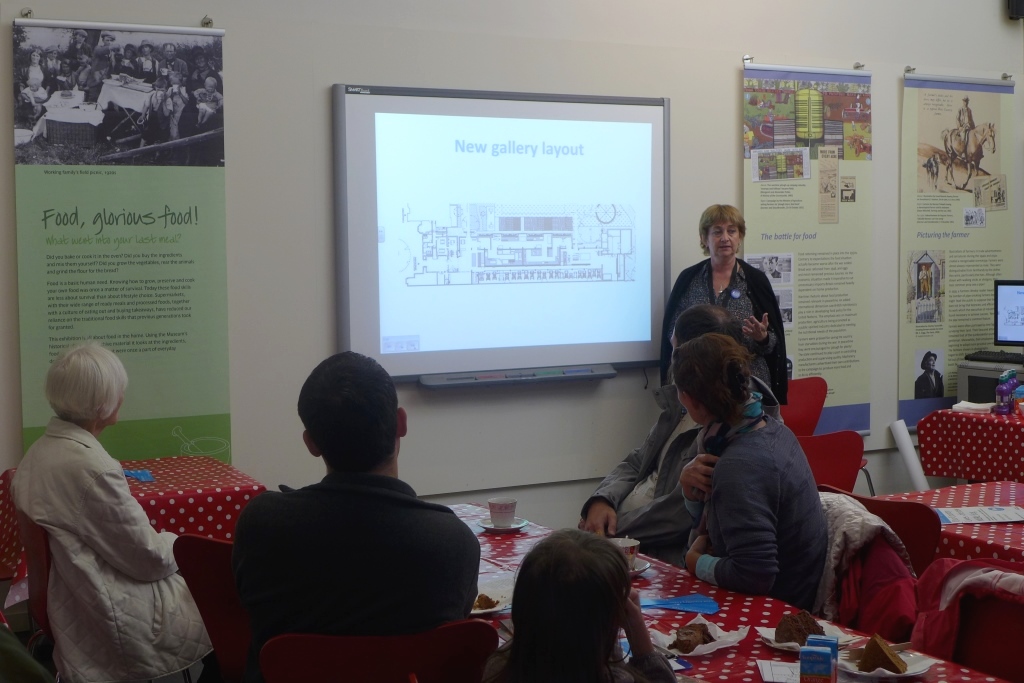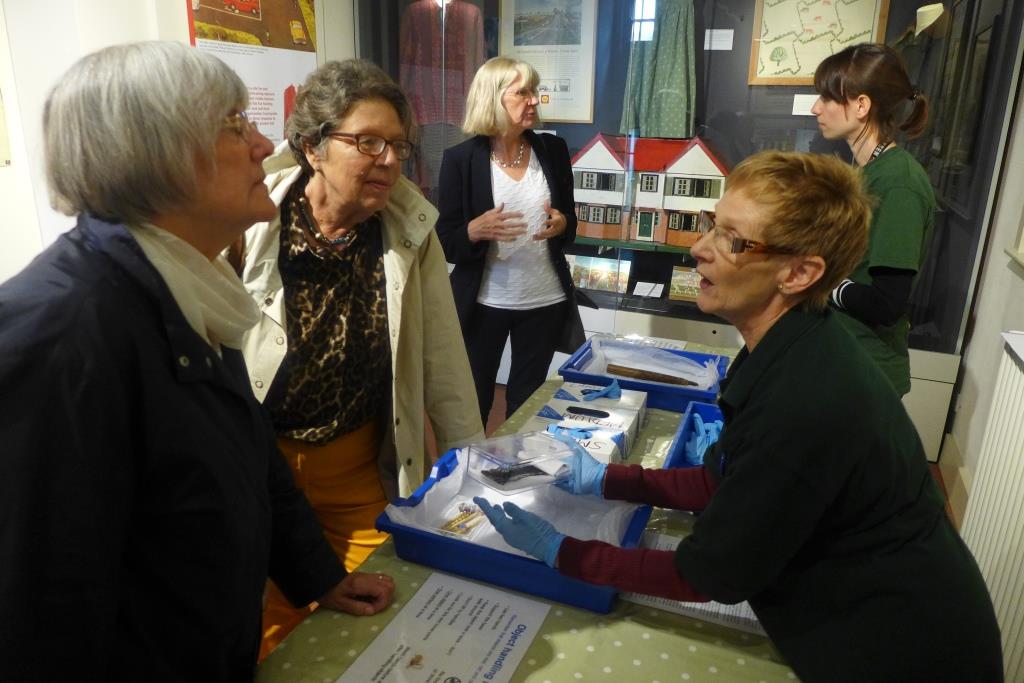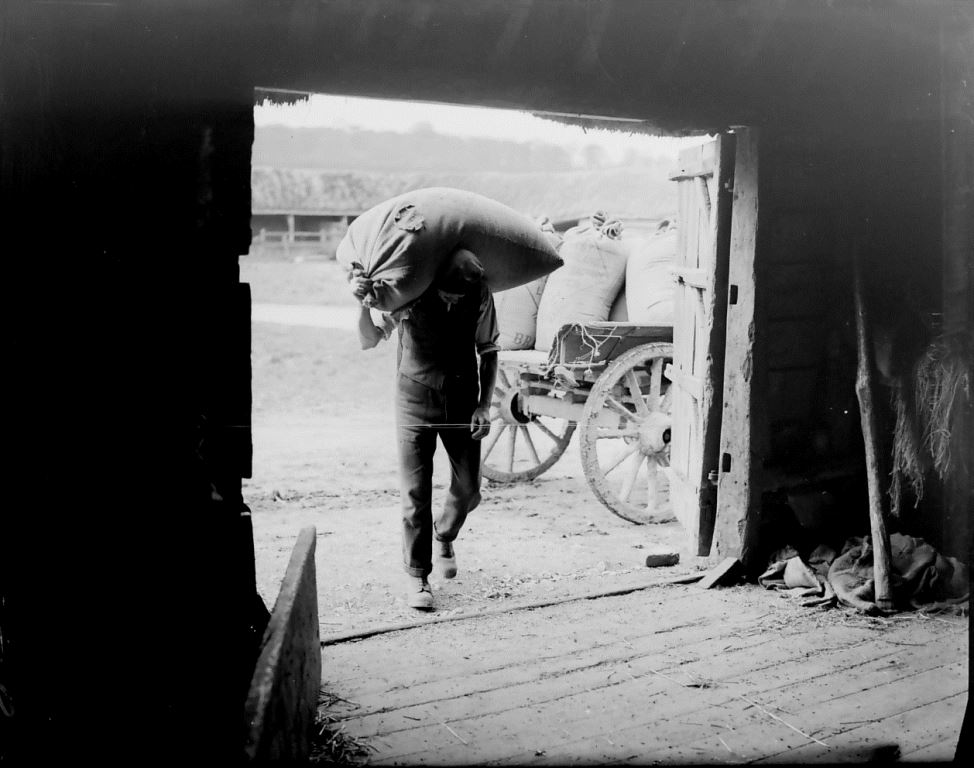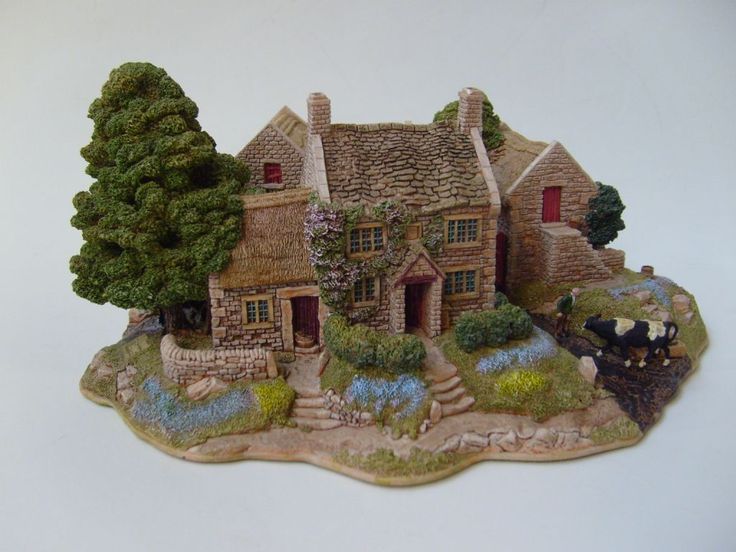Project update: Getting closer to closing
written by Alison Hilton, Marketing Officer
When we put the date of our last Saturday’s Our Country Lives project Information Day in the diary way back in the summer, we never imagined that the timing would be so close to the wire. Since receiving the news that we had been successful in our bid to the HLF, colleagues have been working hard to get everything in order and we finally confirmed our ‘Permission to start’ from the HLF on October 2nd, just two days before the event! This meant that we were able to announce on the day that we will be closing on October 31st. This will allow our collections team to start work on packing away the artefacts to keep them safe while the builders are in for the first stage of the project. (In fact, work has already started on dismantling some parts of the galleries.)
So there was a palpable sense of excitement at the Information Day as it finally felt as though we could start the ball rolling. This was the first time that we were able to share visuals of plans for the new galleries with the public and unveil the first two artist impressions. It was actually quite nerve-wracking to be revealing the plans we’ve been working on for so long – and have so much invested in. They’re not all finalised yet, but still…

It was quite a relief in the end, therefore, to hear positive reactions all round, with many visitors expressing their excitement at the prospect of a new MERL. We had quite a diverse audience, with attendees ranging from long-standing local supporters, regular family visitors and first-time visitors, as well as some who happened to be visiting and came across the event by chance, and they were all interested in slightly different aspects of the plans.
The event was originally billed as just an ‘Information Day’ aimed at communicating details of the project, the changes involved and letting people know about the ways they could get involved. As we planned the day, however, we added activities which enabled us to turn it into a bit more of a consultation, a two-way conversation. Our Curator, Isabel Hughes, did give two presentations describing our plans in detail.

But we also took the opportunity to seek feedback, involve visitors in some image key-wording and trial an object handling activity (find out about the questions that raised in Greta Bertram’s blog here).

Following on from our recent discussions about perceptions of the countryside at the Berkshire Show, we showed visitors contrasting images of the countryside from our collections, and asked them to choose words to describe what they are about rather than what they are pictures of.
As part of the Countryside21 project, we have been tagging our image collections with these words to help researchers find them more easily. We think that tagging images with keywords relating to concepts and emotions such as ‘hardship’ or ‘freedom’ – what the image is about – will be more interesting and useful than only using descriptive keywords such as ‘cow’, ‘farm’ or ‘labourers’. As well as being an important part of the Countryside21 project, this work will also help us to plan the interpretation for the new galleries by giving us a better understanding of what concepts and stories our photographs can communicate. (Felicity McWilliams, Project Officer, has blogged about ‘aboutness’ here)


It was a very popular activity with all ages, with people seeming to be keen to think about how the images made them feel and record their emotional responses. We’ll be getting children to have a go at this during half term too.

Also inspired by our stand at the Berkshire Show, we made the ‘Chocolate Box’ colouring activity available for families; this time, however, located in the temporary exhibition area where the objects collected as part of the Collecting 20C Rural Cultures project, and which were used as inspiration for the drawings of twee countryside scenes, are actually on display. (See it on Pinterest) It was really great to see that the children were genuinely excited to see the Wedgwood plate with the nostalgic Shire horse image, the Lilliput Lane farmhouse, and Norman Neasom watercolour.

We also took the opportunity to bring down from the mezzanine store a selection of objects to show how the displays will change in the new galleries, such as highlighting the countryside as a place for living as well as a place for working, and using archives and photographs alongside objects to enhance the displays. We plan to move away from a focus on large-scale agricultural machinery and technological change, and instead tell the stories of the people who lived and worked in rural England.
It was really good to have time talk to people individually, explain the proposed changes, and gauge their reactions. We weren’t recording our conversations formally this time, but it was useful to have some ‘quality time’ with people who were really interested in talking about the future of MERL. We will be looking at ways to carry out formal visitor consultations with our museum designers throughout the closure period.

We also asked a few direct questions and provided post-its…
We are still be interested in hearing your responses to these questions, so feel free to post a comment below…

